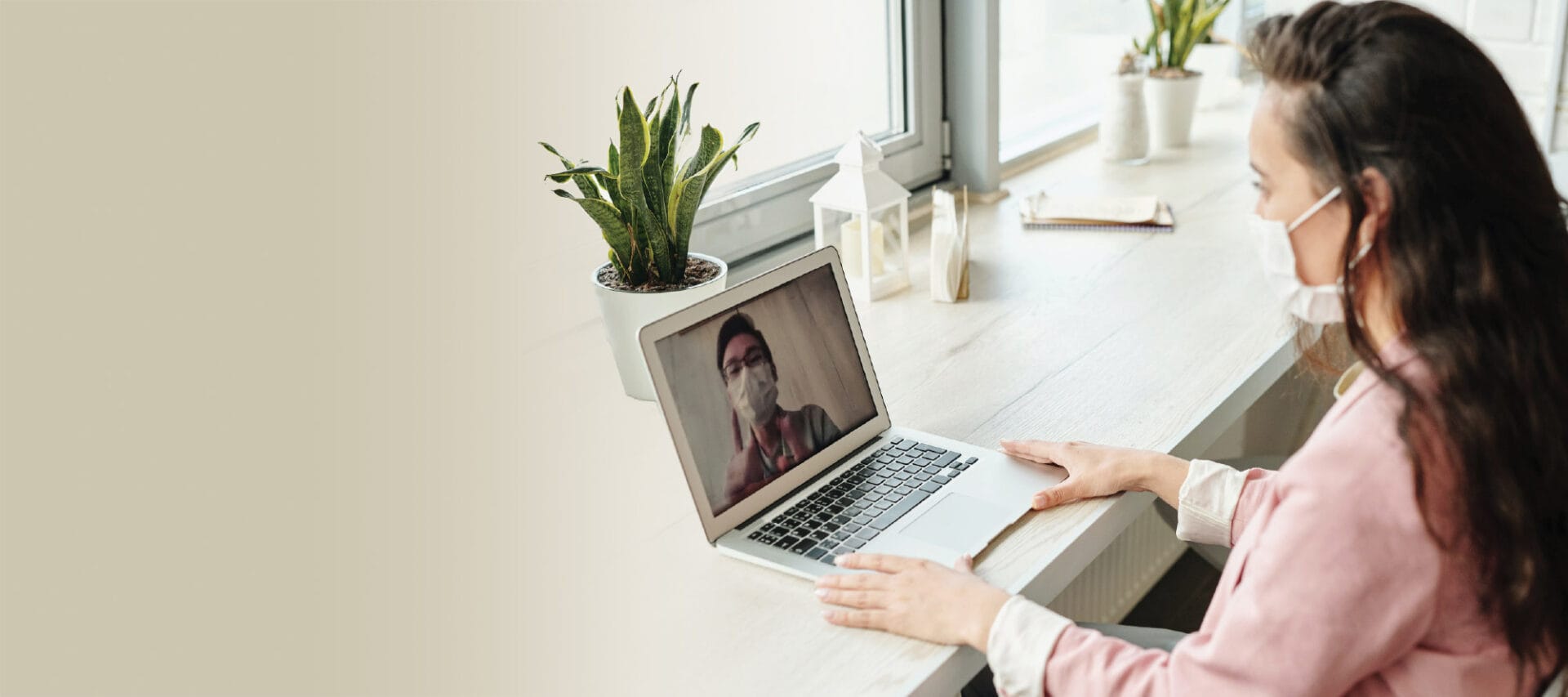Businesses and their employees are beginning to consider the implications of easing the restrictions that were imposed due to the COVID-19 pandemic. Corporations and individuals alike are being forced to consider their fears and their responsibilities in keeping everyone safe. Companies all share the same concerns of protecting their employees, clients and the public at large while remaining financially viable. Most of all, we all share in our desire to avoid a second potentially even more devastating wave of the pandemic. The following can hopefully offer insight to both employers and employees into the top strategies that can significantly reduce stress in the workplace during COVID-19.
5 Top Tips for Managing Stress During COVID-19 for Employers
- Create a robust risk communication plan to share information with your employees, contractors and clients. Workplaces and businesses with existing risk communication plans are more likely to be able to ease fears, anxieties, rumours and misinformation while strengthening their workforce and productivity in uncertain times. (see open.canada.ca — Risk-informed decision-making guidelines for workplaces and businesses during the COVID-19 pandemic)
- Provide regular updates on how you are managing the situation. Information and knowledge about COVID-19 is evolving at breakneck speed and is often confusing and contradictory. Providing employees and stakeholders with ongoing information helps reduce anxieties and strengthen feelings of confidence.
- Be sure to enhance and align your cleaning procedures and protocols with official public health directives. Special attention must be given to high-touch surfaces and objects. Ensure that everyone is trained and supported in your company’s enhanced sanitization protocols. Increased frequency and visibility of cleaning services to your premises during the day rather than the traditional night or weekend service may also be preferable. Greater visibility and frequency of cleaning services can assist employees to feel more safe and comfortable.
- Enable employees to continue to work from home whenever possible. Many employees have proved they can do so effectively. Consider using videoconferencing whenever possible, and do not overlook the importance of socializing during this era of non-proximity. Many organizations are creating social opportunities online for “water cooler” or “after-work chats”.
- Employee concerns must be given full attention as infectious diseases can evoke fear in people and can quickly become the source of conflict and workplace stresses. The invisibility of the virus and the fear of contracting the illness from colleagues or clients is a unique form of stress in the workplace and must be considered empathically, attentively and seriously.
5 Top Tips for Managing Stress During COVID-19 for Employees
- Request information from your employer regarding return to work procedures and how your safety will be ensured. As circumstances and information is rapidly changing, be aware that your employer may not have all the immediate information or answers to set your mind at ease. It is also important to avoid or to seek clarification about any rumours or potentially false or misleading information that may be circulating in the workplace.
- Understand and accept that because of COVID-19, you may be experiencing increased stress, anxiety, worry, grief, distress and a sense of being overwhelmed. Normalize these feelings by accepting them as being natural and normal under the circumstances. Access your EAP and other mental health professionals for assistance when needed, and especially when feelings or thoughts become overwhelming or impede in any way with your day-to-day functioning.
- Avoid information overload and choose your sources of information wisely. Tune into daily briefings offered by public health officials in your community, and be very discerning about information that looks dubious, spectacular or too good (or bad) to be true. It probably is.
- Boost and safeguard your mental and emotional wellness. Do things that you enjoy, enhance your life and relax you. Eating well, sleeping enough, moving your body and getting fresh air are all proven to assist you during times of difficulty. A positive attitude focused on gratitude and appreciating what is good in your life also goes a long way to changing your perspective and reducing unease during a crisis. Be mindful of each moment and appreciative of the small and large blessings in your life.
- Make the changes you want in your life that are within your control and let go of the rest. Avoid “worst case scenario “and other negative types of thinking. Practice bringing your thoughts back to the present and to what is happening right now, in this immediate moment. We can always deal with, cope with, and even appreciate and enjoy what is happening right now. Consider starting a Mindfulness practice to help you become more self-aware, settle down emotionally and increase your resiliency.
No one can accurately predict how the “new normal” will unfold. We all stand together as we make our way through uncharted territory and rely on mathematical models, projections, probabilities and possibilities. Listen carefully to well-chosen experts, follow best practices, apply common sense and trust that you can and will ultimately make the best decisions to ride these waves of uncertainly for yourself, your family and your workplace.

About the Author
Caroline Kohn, LL.B., RPC, MPCC
Caroline is an insight coach, workshop facilitator and public speaker with over 25 years of experience in counselling psychology. She is based in New Brunswick and is a frequent service provider and collaborator with SAGE.





